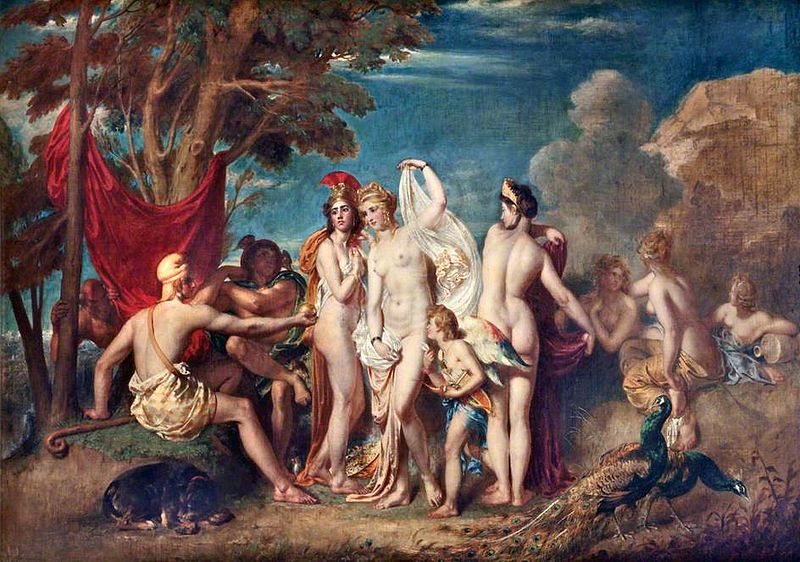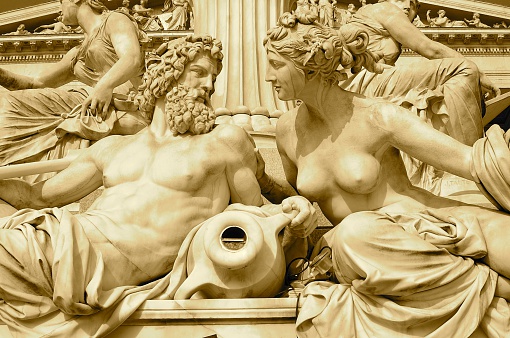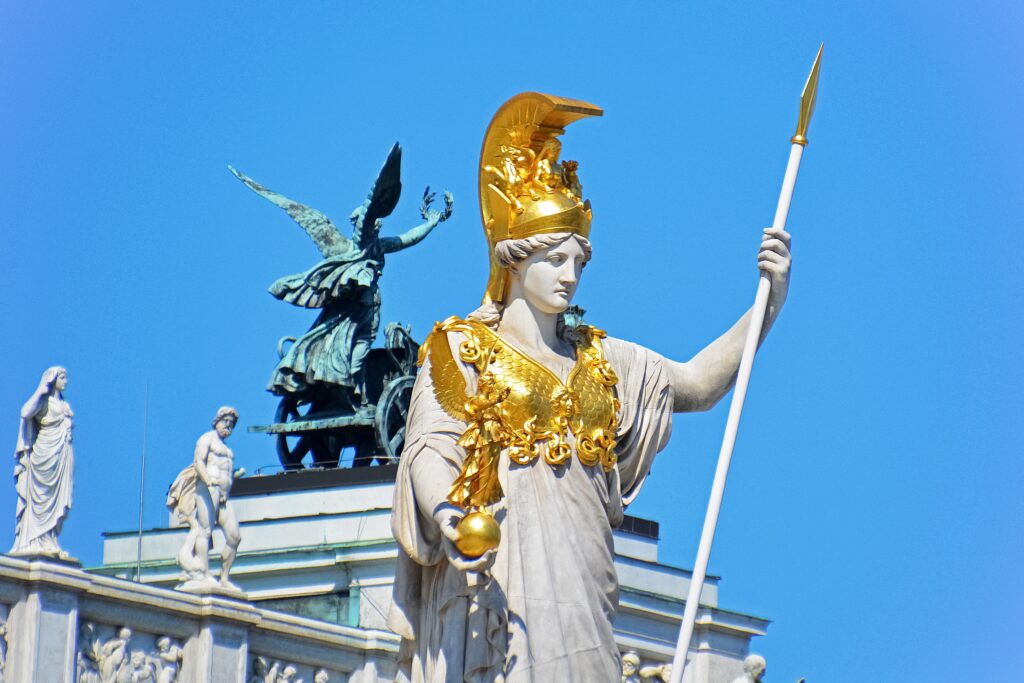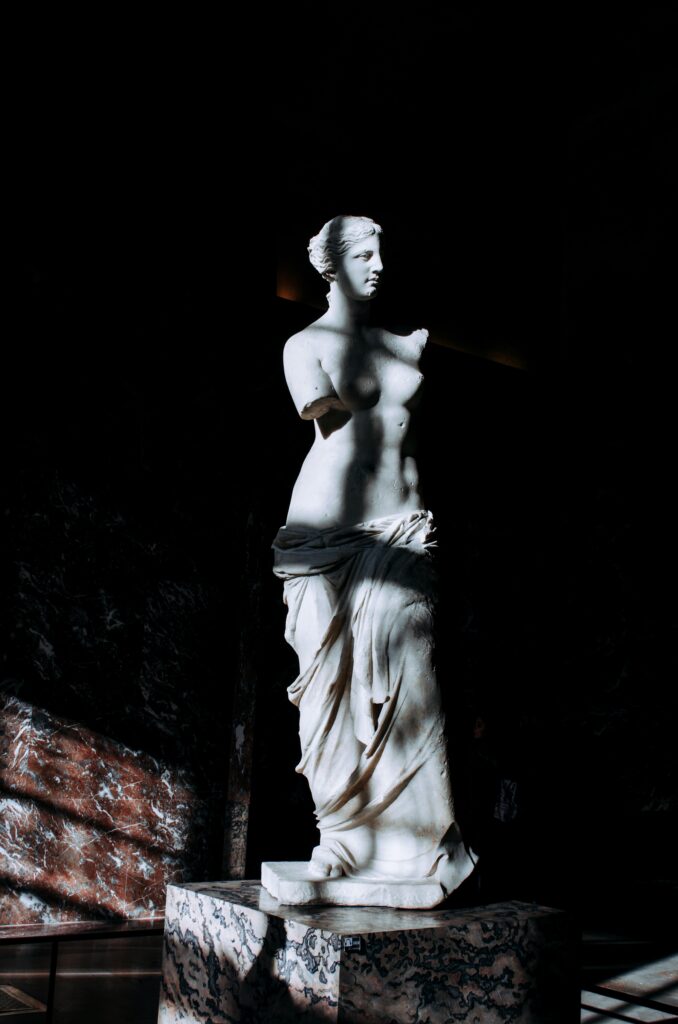This is another question that has been retrieved from the people of the internet that caught my interest to talk about. This question concerns the Judgement of Paris, an event that would be part of the events directly leading into the Trojan War.
To answer the question outright, no. But it is a large part of the core of the Trojan War story.
The Judgement Of Paris

The goddess Eris felt snubbed that she had not been invited to the wedding of Peleus and Thetis like the other goddesses. Being the goddess of strife and discord, Eris decided to take action and get payback.
The way that Eris achieved this was by taking a golden apple, which came to be known as the golden apple of discord, and writing on it “To The Fairest One” then throwing the apple into a crowd of Hera, Athena, and Aphrodite. Each of the three goddesses believed that the apple should belong to them and so they began to feud over it.

Unable to decide a winner amongst themselves, the three goddesses went to Zeus and asked him to judge who was the fairest. However, Zeus could not make a decision himself on this matter and so gave the responsibility to Paris–one of the princes of Troy.
The reason why Zeus chose Paris to be the judge is because in a recent contest between Paris and the god Ares Paris had shown a great level of fairness. When Ares won, Paris awarded him the prize of the contest without hesitation.
And so, the contest was set and Hermes guided Paris to the goddesses as they were bathing and presented each of them to Paris so that he could make his decision.
Why It Is And Is Not A Beauty Contest
The contest IS in fact to decide who is the fairest of them all, with fairest of course being a reference to beauty. However, the actual beauty aspect of Paris’s judgement is not what takes the center stage in the myth.
In the myth, the real struggle for Paris’s judgement is to decide which offer he will take. The goddesses do not just present themselves to Paris, they also bribe him.
Hera offers Paris a great amount of political power that will enable him to become a grand king over Europe and Asia, Athena offers Paris incredible wisdom and unmatched skill on the battlefield, and Aphrodite offers Paris the love of the most beautiful woman in the world. Paris ends up choosing Aphrodite, and thus receives Helen of Troy–who was the wife of King Menelaus–and that sparks the Trojan War (with Hera and Athena both helping the Greeks against the Trojans).



The idea of the contest being more about the beauty than about the bribery is something that is from the depictions of artists. Artists took great advantage of the opportunity to depict the contest as being a display of the beauty of goddesses.
Interestingly, according to some beliefs regarding the beauty contest aspect of it: Hera was capable of winning. But because Hera represents aspects relating to marriage and fidelity, she acted too modestly around Paris to capture his attention as much as the very beautiful and sexually charming Aphrodite. The beauty of Athena in this aspect of the telling is not talked about very much at all, which may be because of the standard the Greeks held her up to as being more of an asexual figure.
How Central Is The Contest To Greek Mythology
The contest does play an important role in the start of the Trojan War and the Trojan War is a very important myth from Greek mythology. However, this is obviously not the only story.
There are many of myths in Greek mythology that are unrelated to the Trojan War, precede it, or follow it. The Trojan War merely tells the end of the age of heroes as played out by the gods and heroes themselves.
There are other wars such as the Titanomachy, Gigantomachy, and Typhonomachy that came earlier for the gods. There are also plenty of myths about the individual gods or about the groups of gods amongst Greek mythology themselves.
In addition, there are authors that have given conflicting images of the gods and their personalities and origins. While this is a very important moment with a lot of consequences and definitely a core moment to the Iliad and the Odyssey, it is not the core of all Greek mythology as a whole.